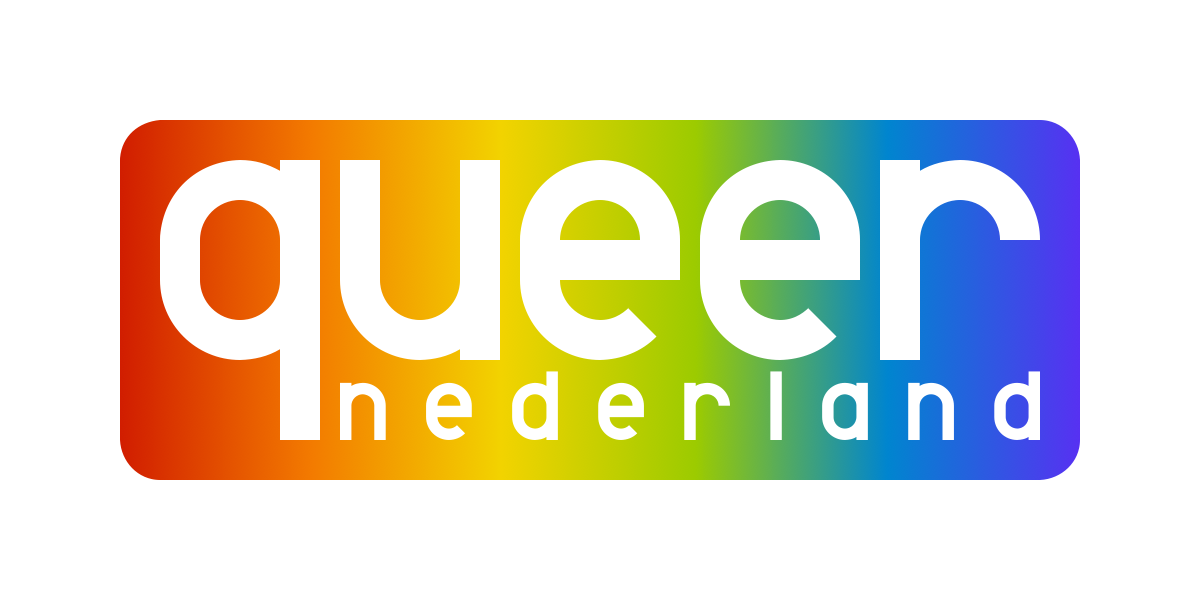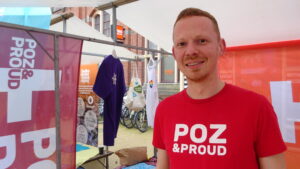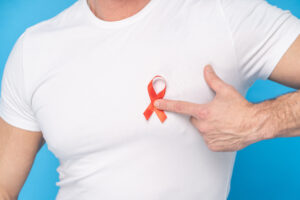DELEN
Gepubliceerd: 7 juni 2025
As kinksters and fetishists, our medical and mental healthcare needs might be a little different. Whether we are into flogging, bondage, sounding, fisting, medical play, or any number of different fetishes, it is important that healthcare providers be aware of our activities and the potential injuries and risks involved.
The Importance of Kink-Inclusive Healthcare
Kink-inclusive healthcare is critical for ensuring that we receive nonjudgmental and informed care, as our needs often intersect with issues of sexual health and emotional well-being. This article explores the importance of this sector of healthcare, the barriers we face in traditional healthcare systems, the principles that guide kink-inclusive care, and ways healthcare providers can create environments that are supportive and welcoming to us.
My project originally started with a survey (https://www.surveymonkey.com/r/ZGDXWPK) to begin to understand the healthcare needs of our communities. The survey consists of 10 questions, asking what kink-related activities one participates in, whether respondents are out to healthcare providers, whether respondents have ever needed to seek medical care for a kink-related matter and general demographic information.
The survey found that, out of 130 survey respondents, 58% are out to their healthcare providers as kinksters or fetishists, and 42% are not. The major reason for not being out is the concern of a lack of understanding on the part of the healthcare provider, embarrassment and fear of judgment.
Of those same survey respondents 22% have had kink-related health concerns that warranted seeing their primary healthcare provider. These issues ranged from a potentially life-threatening urinary tract infection due to unclean sounding equipment, fluid retention due to chastity, eye problem related to the use of poppers, and shigella from scat play.
The analysis of the survey then resulted in the development and creation of the “Kink-Inclusive Healthcare Alliance” app (https://eu.jotform.com/app/243175004869359) with the focus being on defining various kink activities, risks associated with those activities and resources for medical and mental care providers, as well as legal services providers.
Included within the app are the “Clinical Practice Guidelines for Working with People with Kink Interests”. This document presents 23 guidelines that clinicians can implement to allow kinksters and fetishists to identify those healthcare providers that are more likely to understand our unique needs and concerns. It should be noted that these guidelines are simply recommendations and not mandatory requirements in any practice.
Sadly, there is virtually no specialised kink healthcare training for medical and mental healthcare providers. Many of the sexual health clinical providers in England are familiar with some of the activities that we participate in, but this is predominantly in larger cities. However, when faced with the “specifics” of a concern they may not know how best to handle the situation.
Advertentie

Photo by Mike Garnett - known as @mikepaws on socials - aka Pup Snap
"Kinksters may require specialised practices!"
Christopher Keivit
Without proper healthcare training there has become a very large knowledge gap, which has led to misunderstandings about what kink entails, as well as misconceptions about the physical and psychological risks associated with kink practices.
Additionally, there are times when fetishists and kinksters may require specialised care, such as therapy for trauma, relationship counselling, or medical advice related to specific practices like impact play or bondage. When our healthcare providers have limited, or even no, knowledge of kink activities, misdiagnosis, misperception, inappropriate treatment recommendations and even harmful interventions can occur.
When healthcare providers are kink-inclusive, they offer a critical space where individuals can disclose their sexual interests and seek help without fear of judgment or discrimination. Additionally kink-inclusive providers are more likely to understand our various relationship dynamics (consensual non-monogamy, power exchange, etc.), how consent is managed (“safe, sane and consensual”, also known as “SSC”, “Risk Aware Consensual Kink”, also known as “RACK”), and they will support professional education on kink-related matters.
A core principle of kink-inclusive healthcare is recognizing and respecting our individual democratic rights to make informed decisions about our own health, body, and treatment. Providers should ensure that we as patients feel empowered to ask questions, express our preferences, and provide or withhold consent for medical procedures or treatment plans. This is especially important in intimate settings such as sexual health exams or discussions of sexual practices.
Because the kink and fetish communities can be culturally diverse, healthcare providers must have an understanding and respect for the cultural and social practices of individuals, including those related to sexuality and sexual identity. Kink-inclusive healthcare requires that providers are educated on the diversity of sexual practices (including those listed in the app) and recognize that kink activities are consensual and safe when engaged in responsibly. This especially includes understanding the dynamics of power exchange, dominance, submission, and other aspects of BDSM and kink. Providers should avoid pathologizing kink practices or dismissing them as deviant or abnormal.
The Kink-Inclusive Healthcare Alliance aims to create and provide resources tailored for kinksters, fetishists, healthcare (both medical and mental) and legal services providers. The primary goal is to create a supportive environment where health-related issues can be openly and honestly discussed with our healthcare providers. Our approach will include educational seminars, and digital platforms that effectively disseminate important information and resources.
My story
In January 2024 I was diagnosed with Stage 2 prostate cancer and suddenly faced the difficult choice of radiation therapy for the rest of my life or full removal of the prostate. Both options came with significant drawbacks – radiation meant that there was an increased risk of the cancer returning, whereas full removal meant the (hopefully only temporary) loss of major sexual functions. The decision was not taken lightly but, because of my age at the time and my overall general good health, my oncologist and I decided on full removal.
Leading up to surgery I started researching what my new life would be like. What would my recovery be like? When would I be able to enjoy sex again and how different would it be? Would I be able to enjoy the same activities? Would I discover new activities? What I found was a massive lack of information! The internet is full of information for men that are undergoing radiation therapy (who can still enjoy relatively normal sexual activity), but virtually nothing for those of us going through a full prostatectomy. With this missing information I found an opportunity to share my journey (through my YouTube channel – which documents my journey from surgery through the present day) and create the Kink-Inclusive Healthcare Alliance.
So, in April 2024 I underwent a “nerve-sparing” robot-assisted radical prostatectomy, with the intention of saving as much erection control as possible. However, because of the location of my cancer (still wholly contained within the prostate but close to the nerves) I lost one set of erection nerves. This has resulted in the temporary loss of the ability to maintain an erection, but through therapy and medication this ability is gradually returning.
I sometimes joke that I went from a power top to a power bottom in 2 hours one Saturday in April, but that is basically what happened! As a result of the surgery, I was now faced with having to redefine my entire kink persona. Having previously identified as a “dom top”, I now found myself changing to a “dom bottom”. At times this proved to be mentally quite difficult to process, but I persevered, accepted my new “role” and have now become a strong advocate for showing that, despite medical issues we can still have fulfilling kink and fetish lives.
Advertentie
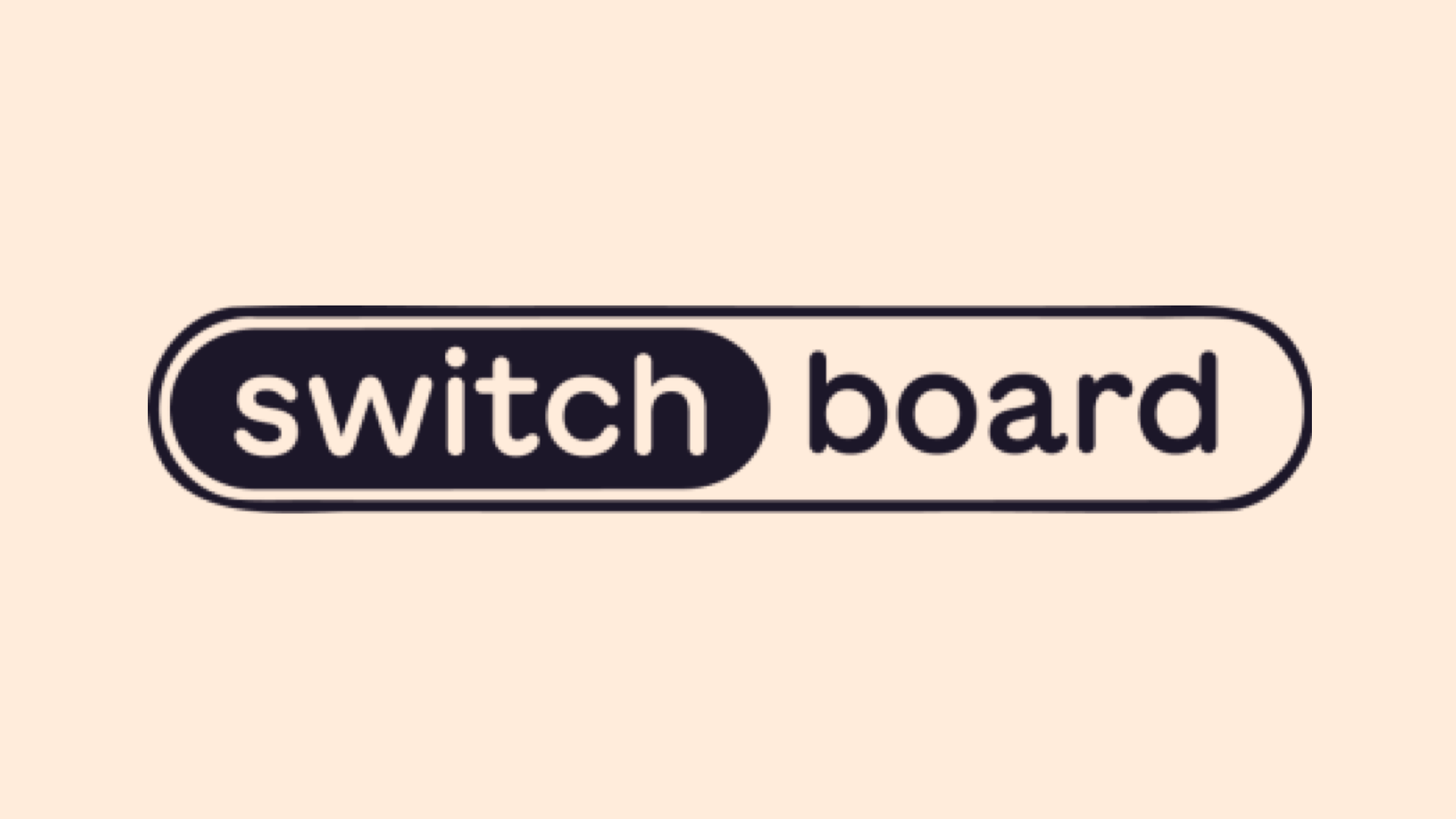
Foto: COC Nederland
"From a power top to a power bottom in two hours!"
Christopher Keivit
What can we do as kinksters and fetishists
Because our sexual practices and identities are so diverse, it is essential that healthcare providers recognize and cater to the unique needs of all individuals. For those of us who engage in kink or fetish activities, healthcare is not only about addressing our physical health but also our mental health and relationship dynamics. Healthcare providers who are not educated about kink may inadvertently perpetuate stigma, reinforce harmful stereotypes, or make patients feel unsafe when discussing their sexual preferences.
As such it is important that we be as open and honest as possible with our healthcare providers. By “hiding” our kink and fetish activities we protect ourselves from ridicule and judgment, but we also risk not getting correct information and proper diagnoses.
Individuals who engage in kink or fetish activities often face significant barriers when accessing healthcare. Some of these barriers are systemic, while others stem from individual biases and stigmas within healthcare settings. These barriers can include:
- Stigma and Judgment
- Many of us fear that we will be stigmatized or judged by healthcare professionals, leading us to conceal our sexual practices, when openness and honesty are most needed. Healthcare providers who lack an understanding of kink may view kink and fetish as pathological or indicative of mental illness, even though consensual kink activities are not inherently harmful or indicative of mental health issues.
- Fear of Miscommunication and Disclosure
- Kinksters and fetishists may feel uncomfortable discussing our sexual practices and experiences with healthcare providers due to fear of discrimination or misunderstanding. This can lead to poor communication about relevant health issues, such as sexual health risks, consent, trauma histories, and safety protocols, which can ultimately hinder proper treatment.
- Concerns Over Privacy and Confidentiality
- Disclosing kink practices may feel risky for individuals who worry about our privacy being violated or personal information being shared with others without our consent. However it must be remembered that, at least in the UK, we have a right to see and question the information being written into our medical records.
The Kink-inclusive Healthcare Alliance hopes to bridge a gap in medical and mental healthcare services that has long been overlooked and is essential for ensuring that individuals who engage in kink and fetish activities have access to the care we need in a safe, nonjudgmental and respectful environment. Without inclusive care, kink practitioners may experience delays in seeking care, avoid necessary health screenings, or even suffer from mental health issues that are exacerbated by the lack of understanding from healthcare providers.
Kink-inclusive healthcare involves recognizing and respecting the autonomy of kink-identified individuals, fostering open communication, and providing education and harm reduction strategies to minimize risks associated with kink activities. By adopting a kink-inclusive approach, medical and mental healthcare providers can empower their patients, reduce stigma, and promote positive health outcomes. As the medical and mental health fields continue to evolve, it is crucial that kink-inclusive healthcare becomes a standard practice, providing equitable and effective care for everyone, regardless of our sexual identity or practices.
LHBTI-zorg en welzijn in Nederland: waar staan we nu?
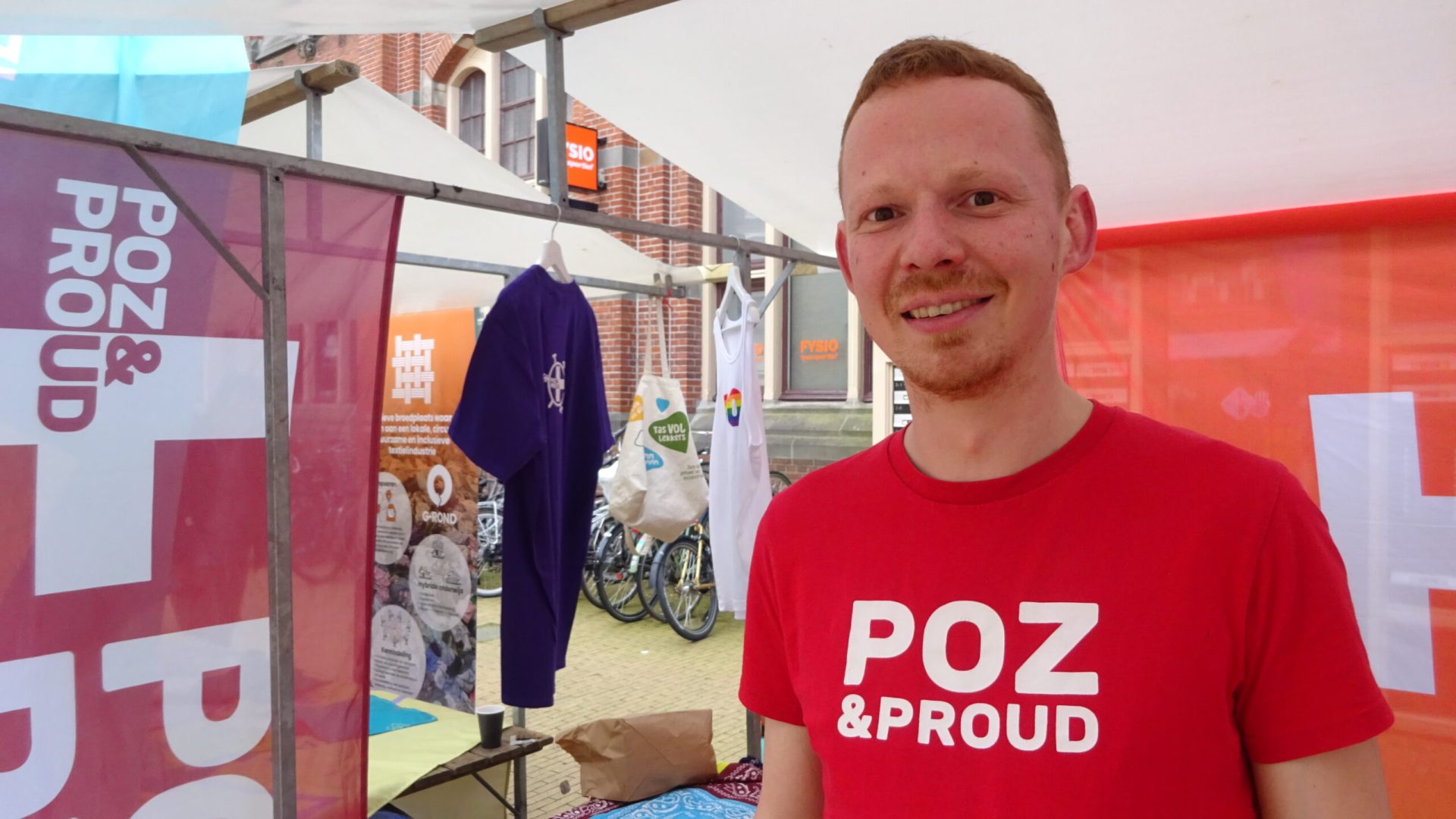
Nederland staat bekend als een voorloper op het gebied van lhbti-rechten, maar in de praktijk zijn er in de zorg en welzijn nog steeds grote uitdagingen. Lhbti-personen hebben soms andere zorgbehoeften en lopen tegen drempels aan, zoals onbegrip of discriminatie.
Bij lhbti-ouderen speelt bijvoorbeeld het risico om ‘terug in de kast’ te gaan zodra ze afhankelijk worden van zorg. Organisaties als Roze 50+ en de Roze Loper-certificering helpen zorginstellingen om inclusiever te worden, maar niet overal is dit goed geregeld.
Voor lhbti-jongeren is mentale gezondheid een belangrijk thema: ze hebben vaker te maken met depressies, angst en suïcidegedachten dan hun heteroseksuele leeftijdsgenoten. Oorzaken zijn vooral pesten, uitsluiting en stigma. Programma’s van Movisie en Rutgers ondersteunen scholen en jeugdwerk om deze jongeren beter te begeleiden.
Binnen de lhbti-gemeenschap zijn er ook groepen met extra kwetsbaarheden, zoals transgender personen (met lange wachtlijsten in de zorg), lhbti-personen met een beperking en mensen met een migratieachtergrond die soms dubbele discriminatie ervaren. Specifieke organisaties zoals Transgender Netwerk Nederland, Maruf en Stichting Prisma richten zich op hun ondersteuning.
Op het gebied van HIV-zorg is er veel vooruitgang geboekt. Waar HIV in de jaren ’80 en ’90 nog een doodvonnis was, is het nu een chronische en goed behandelbare aandoening. Het aantal nieuwe infecties in Nederland daalt sterk, vooral dankzij vroege diagnose en preventieve medicatie zoals PrEP. Toch blijven er discussies over de toegankelijkheid van deze zorg.
Hoewel er steeds meer beleid en trainingen komen voor inclusieve zorg, blijkt uit onderzoek dat vele van de lhbti-ouderen zich nog steeds gediscrimineerd voelt door zorgverleners. Er is dus niet alleen beleid nodig, maar ook een cultuurverandering in zorginstellingen en opleidingen.
De toekomst vraagt om blijvende aandacht voor inclusie en maatwerk, zodat iedereen – ongeacht seksuele oriëntatie, genderidentiteit of achtergrond – zich veilig en welkom voelt in de zorg. Nederland heeft een sterke basis, maar er blijft werk aan de winkel.
Foto: Queer Nederland
LINKS
113 Zelfmoord Preventie. 113.nl
Roze 50 plus . roze50plus.nl
SwitchBoard . switchboard.nl/s/

BART COCHET
Hoofdredacteur
Jouw steun maakt het verschil!
Queer Nederland draait op de inzet en passie van een geweldig en uniek team dat zich dagelijks inzet om onze lhbtiq+ community van relevante en diepgaande content te voorzien. In deze roerige tijden is het essentieel dat we onze verhalen blijven vertellen, maar daarvoor hebben we jouw hulp nodig! Door Queer Nederland te steunen draag je bij aan het vertellen van meer diverse verhalen en het creëren van frisse content die bijdraagt aan de zichtbaarheid, acceptatie en emancipatie van de lhbtiq+ gemeenschap.
Steun de toekomst en doneer wat je kunt missen. Of het nu €5, €50, €500 of een ander bedrag is, jouw bijdrage helpt ons om een onafhankelijk en breed gedragen lhbtiq+ platform van Nederland te creëren.
